Despite stamping out the once-popular Mac clone program upon his return to Apple in the late 1990s, Steve Jobs a few years later reportedly flew to Hawaii to pitch executives of Japanese electronics giant Sony on the idea of selling Mac-compatible VAIO computers.
The revelation came as part of an interview with former Sony president Kunitake Ando by Japanese technology journalist and longtime Apple follower Noboyuki Hayashi.
Hayashi notes that Jobs' admiration for Sony and its co-founder Akio Morita often saw him make routine, casual trips to the Sony's headquarters. There Jobs reportedly inspired Sony to build GPS chips into its cameras, drop the optical disc drives from its PlayStation Portable line, and even drew inspiration for how Apple's then fledgeling retail business should operate based on Sony's SonyStyle shops.
Jobs also knew that many of Sony's executives would spends their winter vacation in Hawaii and play golf after celebrating new year. In one of those new year golf competitions back in 2001, Ando recalled how Steve Jobs and another Apple executive were waiting for his group at the end of golf course holding a VAIO running Mac OS. Once, [Steve Jobs] took one of the latest Cybershots in hand and said 'if this thing had a built-in GPS, I can record everything that happens to my life.'
One of Jobs's first orders of business upon his return to Apple in 1997 was to shutter the Mac Clone program that licensed the Mac OS to third party hardware makers because he believed it would ultimately prove damaging to the Mac's ecosystem.
"Steve Jobs believed that Mac-compatible business would harm not only Apple's business but also the 'Mac' brand," Hayashi wrote. "But that same Steve Jobs was willing to make an exception in 2001. And that exception was Sony's VAIO."
It's believed that the OS running on that Sony VAIO was an early copy of the Intel version of Mac OS X, which Apple then presumably hid for another four plus years before announcing that it would be switching all Macs to run on Intel chips — rather than PowerPC chips — in June of 2005.
Though Ando was a fan of the original iMac and believed the Mac and VAIO fed off the same philosophies, it was around that time in 2001 that Sony was witnessing the VAIO gain popularity and traction in the market, with the company finally having finished optimizing its hardware and software for the Windows platform.
"Because of this, most of the VAIO team opposed asking 'if it is worth it,'" Hayashi wrote. "And that was the end of story for this Mac-compatible VAIO."
 AppleInsider Staff
AppleInsider Staff
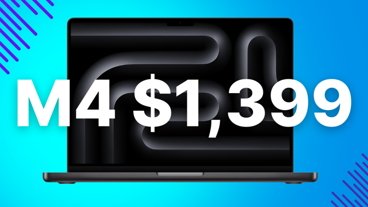

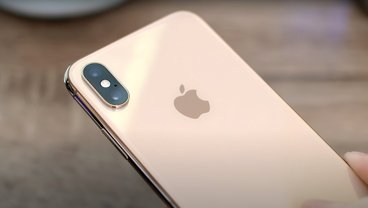
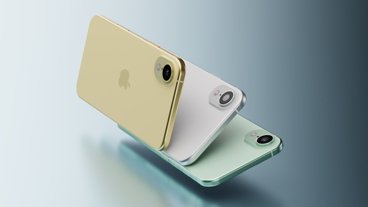
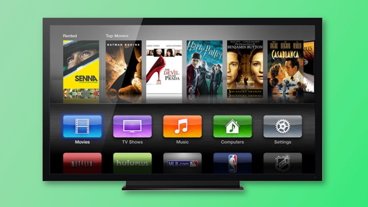

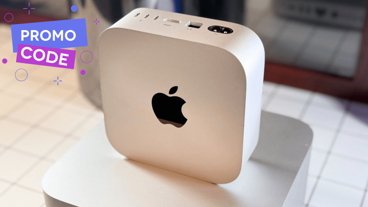






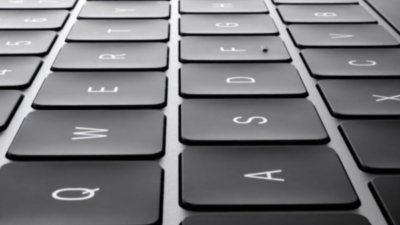
 Marko Zivkovic
Marko Zivkovic
 Christine McKee
Christine McKee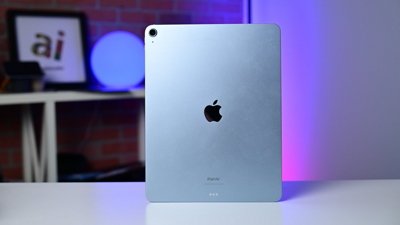
 Andrew Orr
Andrew Orr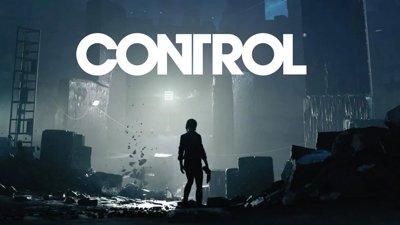
 Malcolm Owen
Malcolm Owen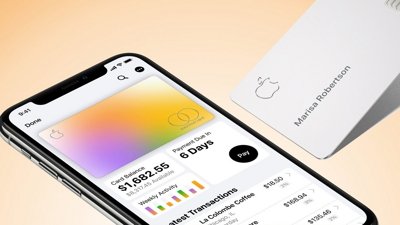
 Amber Neely
Amber Neely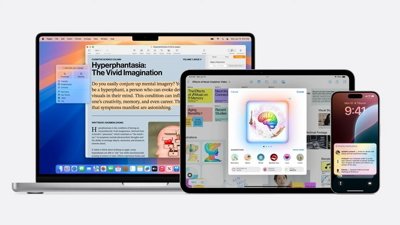
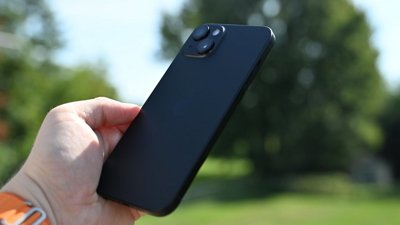



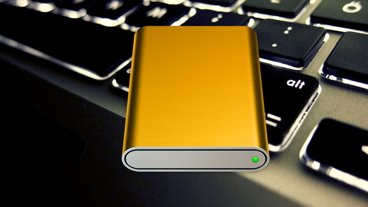





74 Comments
Should it be true, people should stop saying "S. Jobs would have never done such thing"...
Sony and Apple did have some chemistry in those days. IMHO it's probably best nothing came of this, it might well have been another knife in the back waiting to happen, had it occurred.
Maybe for mercy, because he knew what would happen to the VAIO line (being sold for peanuts)? Maybe he was a bad man, and since he knew what he would do to them with the iPod (Sony had the walkman, music rights, music production, movie production, brand power, etc. and they were eaten alive!) he would strike the last headshot by taking OS X away from them.
Steve wanted a lot of things back in the day.
He was probably also relieved that he didn't do some of those things. At the end of the day, OS X ran on Macs. End of story.
Additionally, a lot of claims can be made about Steve after his passing. Yes, Steve probably liked Sony and its folk. And yes, this could also be right up there with the rest of the "Elvis was my dad!" fish-stories.
Sony's hardware has always been quite stylish, but they've never been able to write software worth a damn.
This would have been a good match.